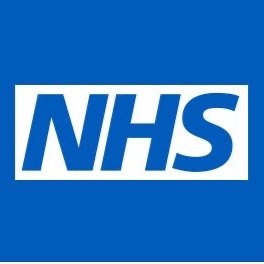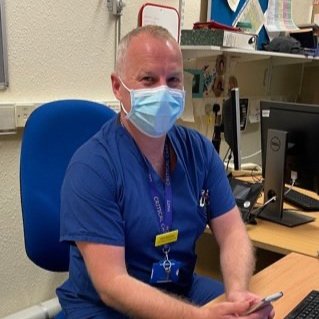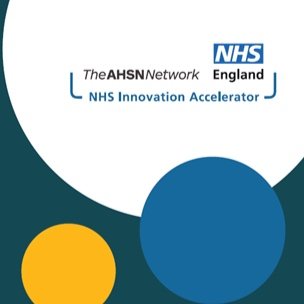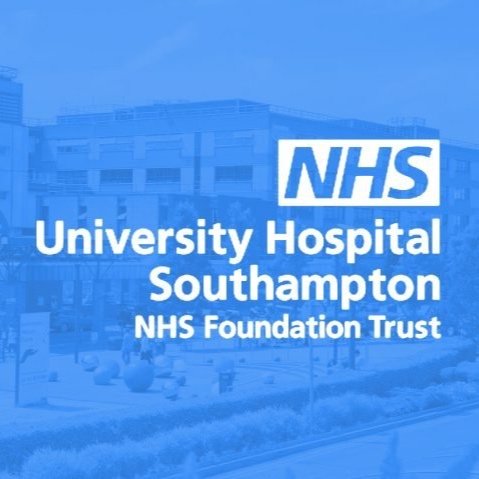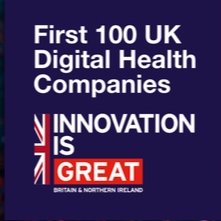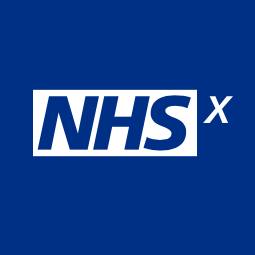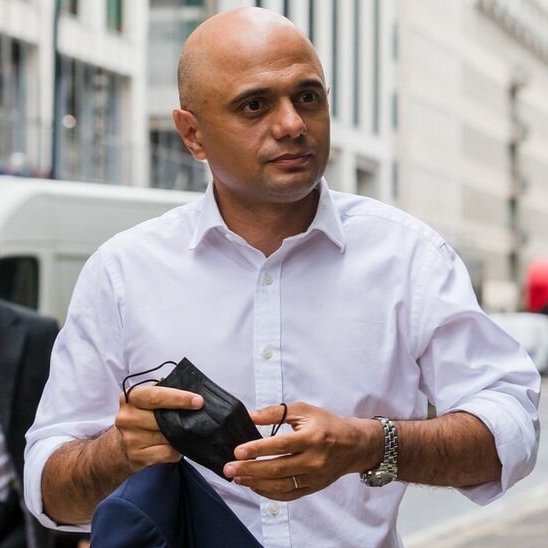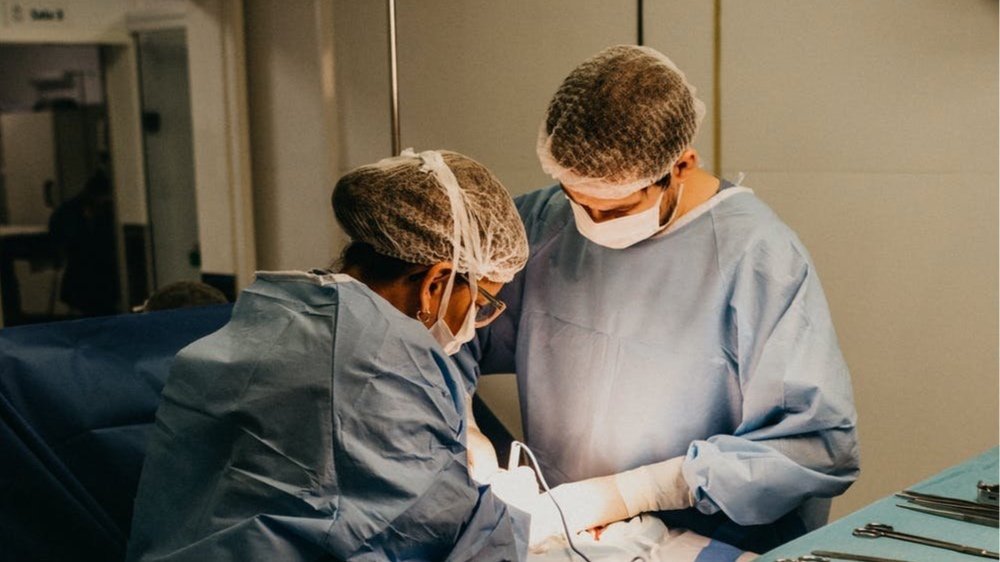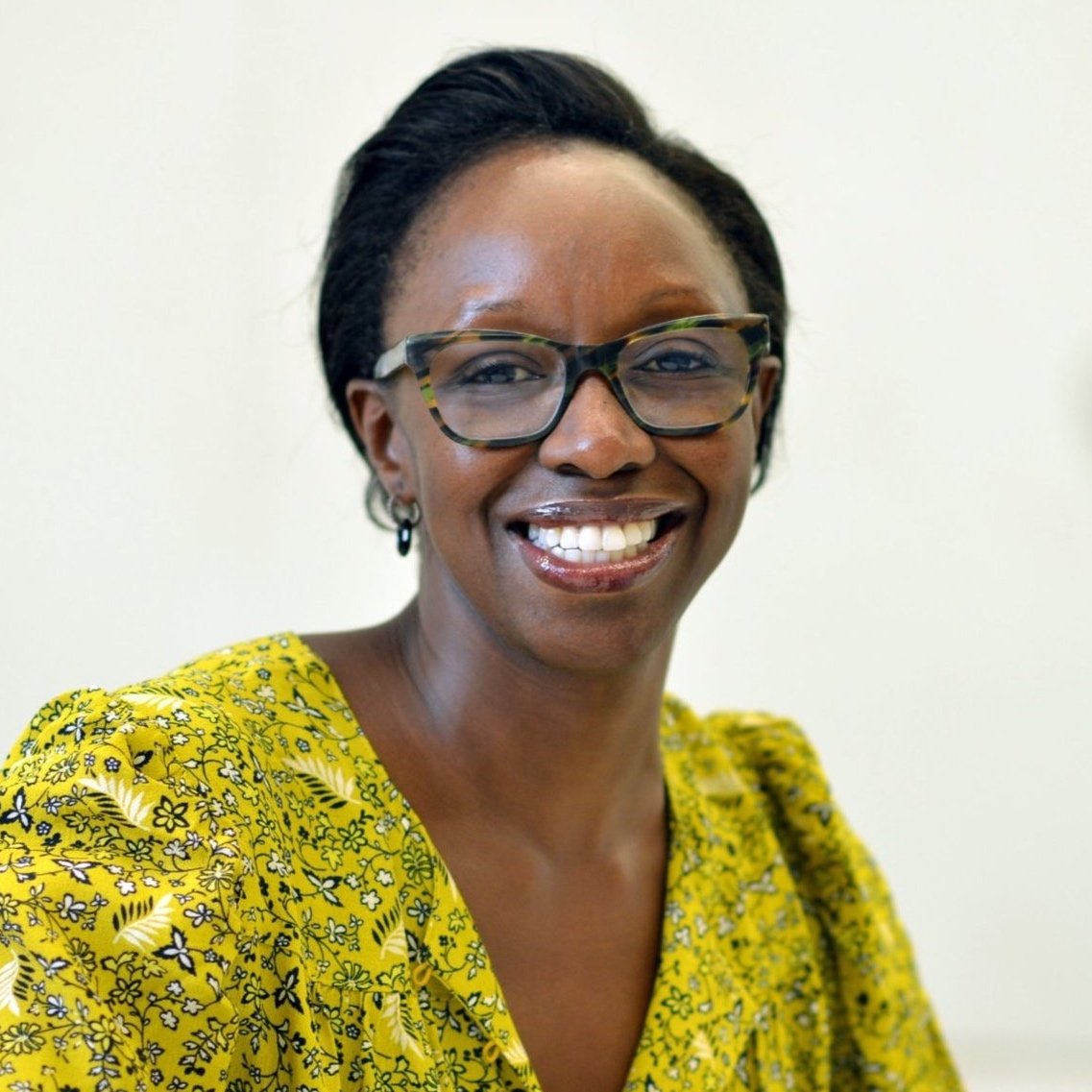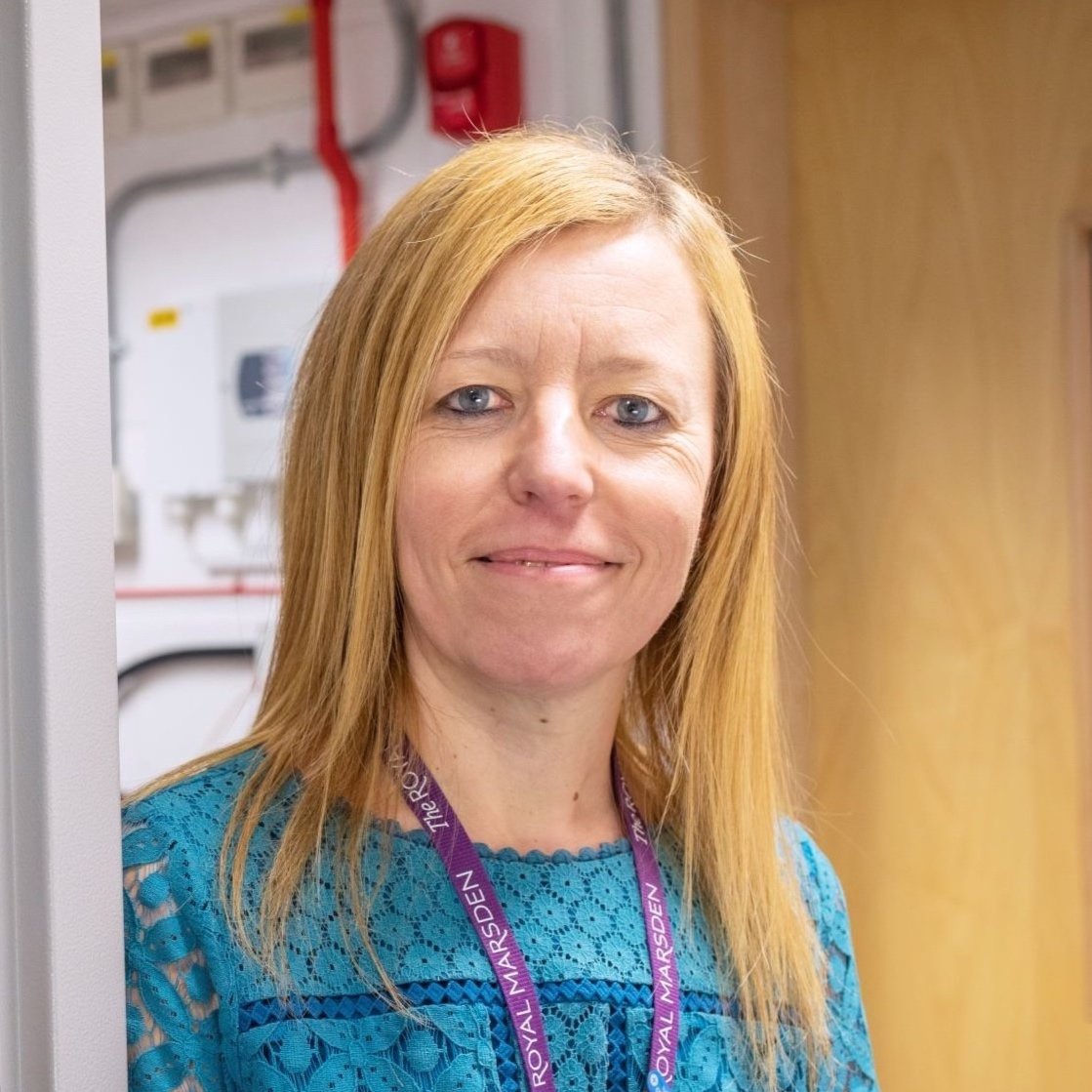The best (and worst) of digital health in 2021
2021 has been a year that included the resignation of one Health Secretary and the rapid appointment of another, a major WhatsApp outage causing patient safety issues, the merging of NHSX and NHS England, a looming elective care crisis, and new variations of the virus that changed all our lives.
At Infinity Health, we also had our fair share of change. At the start of the year, we rolled out our platform to more than 15% of NHS staff, who now use Infinity for twice-weekly self-testing for COVID-19. We also announced our partnership with Global Digital Exemplar (GDE) Somerset Foundation Trust as part of their strategy to phase out bleeps and pagers, were accepted onto the prestigious NHS Innovation Accelerator (NIA) and the Government's "First 100" programme, were shortlisted for a Patient Safety Award with University Hospital Southampton, and ran our first two events for NHS staff.
It has been a big year in health and social care for everyone. Below, we share our five most-read articles from the year, analyse some of the biggest policy challenges and changes, and share the best of our "Insights" series.
Want to get the latest Infinity news, expert insights and opinion first?
Our most-read news
15% of NHS staff use Infinity to self-test for COVID-19
Five NHS Trusts rolled out Infinity for their staff to report self-testing results twice a week, amounting to 15% of all NHS patient-facing staff. Barts Health NHS Trust, University Hospital Southampton NHS Foundation Trust, The Royal Wolverhampton NHS Trust, The Royal Marsden NHS Foundation Trust, and Stockport NHS Foundation Trust, all use our platform, which makes test-results submission easier, quicker, and more secure for staff, and allows reporting to be automated. Read more.
Somerset Foundation Trust went live with Infinity in a bid to eliminate bleeps
In June, Somerset NHS Foundation Trust (SFT) went live with Infinity. The move has made prioritising tasks easier and safer for staff, and improved the efficiency of care coordination for the Out of Hours team at Musgrove Park Hospital. Read more.
Our CEO, Elliott Engers, was accepted onto the NHS Innovation Accelerator
We were delighted to be accepted into the nationally-led NHS Innovation Accelerator (NIA) in 2021. As one of just 12 innovators recognised for their leadership and positive impact on the NHS, our fellowship will last until 2024. The 12 “fellows” will offer innovative solutions to some of the NHS’ most pressing needs and will be supported to scale across England. Read more.
We were named as finalists with UHS in the HSJ Patient Safety Awards
Over the summer, University Hospital Southampton NHS Foundation Trust was shortlisted in the HSJ Patient Safety Awards for its work with Infinity Health. The COVID-19 Infection Prevention and Control category recognised outstanding contributions to protecting patients and staff from the virus and the shortlisting demonstrated the meaningful impact the partnership has had. Read more.
Infinity Health was accepted onto the Government's “First 100” programme
Infinity Health was named as one of 100 leading healthtech innovators to join Healthcare UK’s programme, which promotes the best UK healthtech companies overseas. Read more.
Our most-read analysis
“What Good Looks Like” in practice
Earlier this year, NHSX released the “What Good Looks Like” (WGLL ) framework - intended to provide a “NorthStar” for Integrated Care Systems developing their strategies. However, on inspection, the WGLL framework provides very little in the way of practical or specific guidance on how to achieve digitisation within ICSs. In this analysis, we took a look at the guidance in depth, and discussed five of the seven areas where Infinity Health could make a meaningful difference, and how. Read more.
What does Sajid Javid's appointment mean for digital health?
Matt Hancock presided over a number of digital achievements, from the founding of NHSX to the formation of a new UK Health Security Agency. Following Sajid Javid’s appointment, we took a look at his track record and investigated what this could spell for digital transformation in the NHS. Read more.
How can we manage the elective recovery crisis?
The NHS backlog is expected to affect up to 12 million people by 2025, and has been one of the most damaging by-products of the last 18 months. Throughout the year, our Medical Director, Dr Jo Garland, has made the case for digital tools to reduce delays and free up hospital beds to help with managing elective recovery. Read more.
Why WhatsApp going down doesn't need to be a patient safety issue
Following several hours of unscheduled WhatsApp downtime, our Clinical Director, Dr Jo Garland, discussed how to ensure losing the service doesn’t pose patient safety issue in the future and shared a crucial alternative to instant messaging apps. Read more.
Our most-read insights and opinions
Yinka Makinde, Head of Innovation at NHSX, told us about her career to date, her theory of why NHSX was set up, and what the NHS needs to do to make digital a reality
Lisa Emery, CIO at The Royal Marsden NHS Foundation Trust, talked about her “bonkers” journey to CIO, why the NHS’s paperless vision is unrealistic, and why COVID hasn't changed her digital strategy
Elliott Engers, CEO of Infinity Health, told us about systemic racism built into NHS data collection categories, and asked us to take action to remedy the serious issue
Ali Noorani, Orthopaedic surgeon at St Bartholomew's & The Royal London Hospital, discussed the use of AI for surgery, and why start-ups being involved in implementing local solutions is "the way to go"
Jo Garland, former GP and Infinity Health's Clinical Director, made the case for the NHS moving to digital task management immediately
Enjoyed this? Sign up to our mailing list to get insights, interviews, opinions, and news direct to your inbox.

